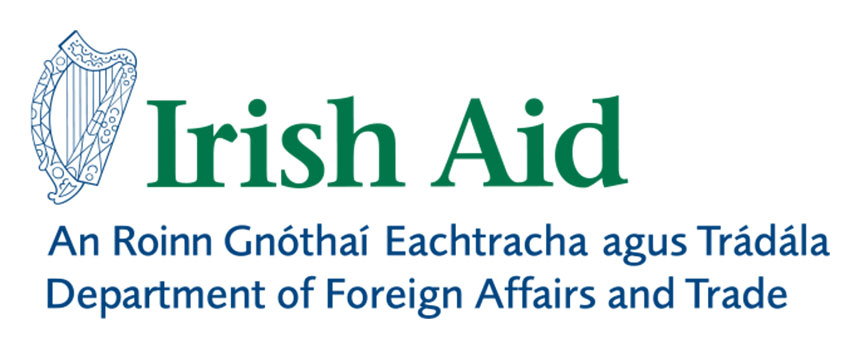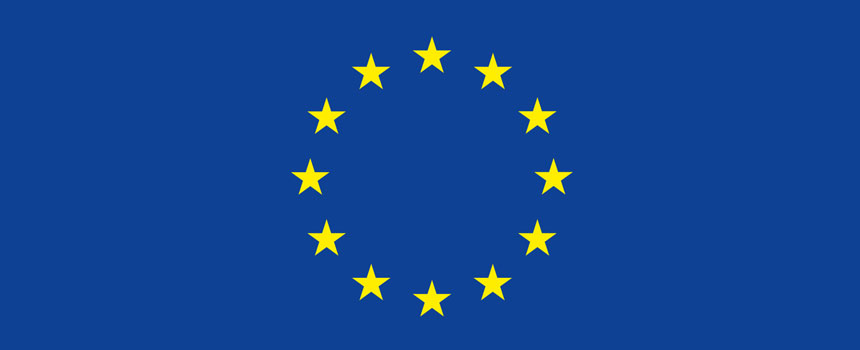How have Social Movements reacted to the Crisis?
April 19th, 2016 - Vicky Donnelly
There is a short animation that recently made the rounds on social media, purporting to illustrate the exponential explosion of social protests around the world (or, at least, the surge in reporting of these protests, facilitated by the revolution in digital media). The clock starts at 1979, with a brief flash marking the place in space and time that each protest took place. By the end of the 1990s the map is bright with anti-globalisation protests, and from 2008 it is ablaze with the Arab Spring’s confrontation with dictatorship, and the wider range of protests against the tyranny of capitalism and the austerity agenda.
The issues at stake are not listed, and while each case is particular, a closer look suggests an uncanny similarity between issues facing diverse communities around the globe, and that these struggles flaring up on the world map are against the various manifestations of a global crisis, stemming from a system organised around endless growth, where profits trump people every time.
What kind of role are social movements and ‘civil society’ playing in response to this crisis?
Responses to the crisis can be broadly categorised according to their reformist (perhaps pragmatic), or more radical demands for an entirely new approach to the organisation of society, the economy and the use and distribution of the Earth’s resources. However, if you believe what you read in the papers, people in Ireland don’t protest at all – in 2010 the Guardian reported that demonstrators in Athens could be heard chanting, ‘We are not Ireland, we will resist’ – but wallow instead in apathy and disillusionment. This alleged phenomenon is often put down to the surge in austerity-driven youth emigration (or ‘personal choice,’ if you’re writing an editorial for the Irish Times, or a ‘lifestyle choice,’ if you’re Minister for Finance, Michael Noonan), draining the country of its most vibrant lifeblood.
In reality, people of all ages are protesting all the time. Since 2008 Ireland has seen protests and campaigns on the denial and erosion of workers’ rights; the evisceration of social supports and welfare provisions; cuts and privatisation even of vital public services; water commodification and charges; property tax; cuts to disability services; a range of new and increased taxes (for those at the bottom); the socialisation of private bank debt; hikes in student fees; downgrading of hospitals; the treatment of former inmates of institutions and the ongoing scandal of Direct Provision; corruption; various forms of discrimination; soaring levels of youth unemployment and emigration; evictions and the sale of repossessed family homes; women’s reproductive rights; fracking; farming subsidies; turf-cutting; the plunder of oil and gas resources; collusion with US military imperialism; the housing crisis, and many others.
Building Solidarity
Impressive though the range of responses is, the challenge has been to link the logic and energy of these many protests and campaigns, and to find ways to collectively amplify our anger and our demands. Then again, the system that caused this crisis breeds atomisation, so perhaps it’s no surprise that we often find ourselves fragmented, fighting our own corners and being exhausted in the process.
The movement I’m most familiar with – that for debt justice – is in essence a solidarity movement. It was born decades ago, from the struggles against IMF-imposed structural adjustment and for debt-cancellation in the Global South, a struggle that now also encompasses the more recent debt crisis across the Global North.
The movement broadly sees its role as working to raise levels of understanding of the debt crisis, on the basis that we are better placed to resist when we can see through, and take down, the arguments for the imposition of massive private gambling losses on public shoulders. This has involved holding public talks, producing videos and hosting economic literacy training to demystify the workings of the financial system.
The movement has a key role in stimulating debate on the economic, legal and moral grounds for debt cancellation, and in many cases to underpin these arguments with evidence-based audits of the debts in question. Citizen movements in Bolivia, Brazil, Ecuador, Tunisia, the Philippines and elsewhere have undertaken debt audits as part of their campaigns for debt cancellation, and have inspired similar actions across Europe.
The movement also engages in lobbying actions, and over the past decades tens of thousands have participated in mass demonstrations for debt cancellation, targeting G8 summits, like at Cologne in 1999, and the ‘Carnival Against Capitalism’ in the City of London. Here in Ireland, while numbers taking to the the streets has been relatively low, the Ballyhea Says No Bondholder Bailout Protest group has been marching for over three years, building over that time a formidable moral authority to confront political representatives on the scandal of socialised debt. The group has lobbied intensively at a national and European level, and a member of the group made a bid for a seat in European elections.
Building Alternatives
Amidst a growing sense of disillusionment and mistrust that the current system of representational politics can offer any real alternatives, there is an appetite for revisiting our analysis and strategies, and looking beyond our borders to learn and connect with others – particularly in the Global South, where social movements have several decades’ head-start, and much to teach in terms of confrontation with power and enforced structural adjustment – and to seek out new ways of engaging with each other, building solidarity and strength, and going beyond the constraints of existing political structures and mechanisms.
In Argentina, the 2001 crisis prompted the challenge of how to build alternative equitable structures from the ground up, while also looking for ways to engage with the existing political structures and mechanisms to demand change, and these challenges remain pertinent today. Activists in Egypt – and in Ireland – are well aware that seeking alternatives through the ballot box is no guarantee of change. Elsewhere the organised left, as in Iceland and in Greece, has moved to occupy the traditional political space. In Spain Podemos, with their recent impressive gains in the European and Spanish elections, navigates a path between these two worlds by asking, “how we can transform that outrage [of the 15-M protests] into political change. By overflowing traditional representation… [and] articulating this social majority as a political majority, and opening up a new cycle that democratises the collective life of the country”.
In Chile, activists within the student movement may in one instance run for election – on either independent or party tickets – whilst in another capture and publicly destroy contracts for €500m in student debt.
Also in Spain, where banks have issued over 350,000 eviction orders since the crisis began, PAH, (Plataforma de Afectados por La Hipoteca / Mortgage Holders Platform) operates from a conscious refusal to be drawn into the traditional left-right or reformist-radical dichotomies, and takes the approach of working directly on the issue of evictions – while also petitioning for changes in legislation. The group insists on reclaiming the language of politics so that people can find ways to express what is happening in their own lives, and the changes they want to see.
This is yet another role of the wider movement challenging debt injustice, and other manifestations of capitalist fundamentalism: not to prescribe solutions, but to insist on the right to occupy spaces – physical, political and psychological – and to transform the dire situation described by John Holloway when he said, “We have reached a stage where it is easier to think of the total annihilation of humanity than to imagine a change in the organisation of a manifestly unjust and destructive society. What can we do?”
This question requires space to imagine structures and relationships that the existing system insists are impossible. Social movements are carving out spaces and creating dialogues that would have been unimaginable only a few years ago. The influence of the Arab Spring, and of Latin American social movements in particular has been marked, with the occupation of Tahrir Square, and the horizontal neighbourhood assemblies that emerged in Argentina directly influencing the Indignados movement in Spain, the Aganaktismenoi in Greece, and the Occupy movement in over 30 countries (including 6 camps in Ireland), while the protests that brought down the government in Iceland in 2008 were described as ‘South American style cacerolazo demonstrations.’
Finally, beyond the opportunities to connect and share analysis and strategies, there is another compelling reason to build solidarity internationally. Whatever our responses to the crisis, we must be mindful that social movements are not solely the preserve of the ‘left’. The dramatic and widespread rise of far-right and overtly fascist organisations – as well brutal state-sponsored repression in some cases – raises the stakes, and highlights the urgency of building inclusive movements across national boundaries. These movements offer the promise/threat of a return to an imaginary past. This movement, on the other hand, can offer invitations to create diverse collective spaces to imagine and build a viable future.
a. Animated protest map: http://johnbeieler.org/protest_mapping/
b. Article on PAH, with reflections on Ireland: http://provisionaluniversity.wordpress.com/2013/11/14/six-lessons-from-spains-anti-eviction-movement/
c. Articles on Podemos:
http://hiredknaves.wordpress.com/2014/05/30/occupy-representation-podemos-and-the-politics-of-truth/
http://hiredknaves.wordpress.com/2014/05/31/podemos-representation-and-overflow/
d. John Holloway, Crack Capitalism (2010, pg. 7)


